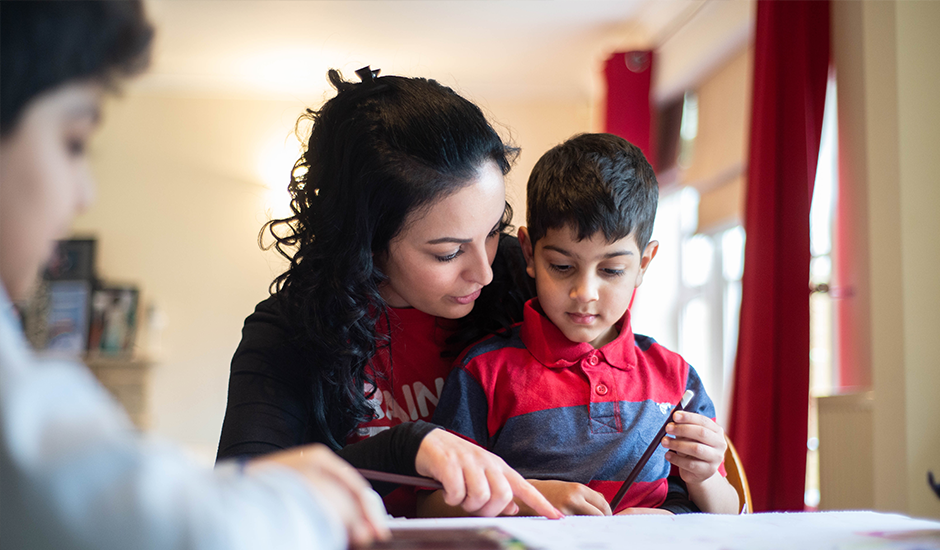When a child dies the impact is felt throughout the family. How a brother or sister reacts to this will be dependent on their age and maturity and what they have been told about their sibling’s health.
Whilst every family is different and will have managed their child’s illness in their own way, this guidance should help you to think more about the sibling’s reactions and emotions.
How they might react
Children do not always react to the news that their sibling has died in the way we expect. They can be very matter of fact and appear unmoved. They may wish to carry on with what they are doing, for example going to school. When things feel overwhelming children often like to connect with routine. They may “act out” and demand attention through their behaviour. They may ask lots of questions. Equally, they may become very distressed and require a lot of support and reassurance. This can be challenging for a bereaved parent. Seeking external support is a good idea. Keep your child’s school or other carers informed so they can help. Be clear with them about what you want your child to be told and the language you would like used.
What to say
This will be different for every family and you may be guided by your own culture or religion. Generally, it is recommended that you are clear in the language you use. Saying things like “gone away” or “fallen asleep” can be confusing for children and cause further anxiety. Keep the information simple and clear and respond honestly to questions in an age appropriate way. Be prepared for them to ask the same questions over again.
Saying goodbye
Deciding if a sibling should attend a funeral is a very personal choice for each family and will depend on many factors. Whatever you decide, it is important that brothers and sisters have an opportunity to talk about their sibling and mark their loss. Making memory boxes, lighting candles or writing and drawing are all excellent ways of including children in the memorials you choose. Activities like these will be helpful in the weeks and months to come and are also good to mark anniversaries.
How to be
Adults often worry about showing emotion in front of children however children learn how to react to situations from the people around them. Grief and our physical and emotional response to it are normal processes and it is important that children see that it is ok to be upset or sad. If you are upset, tell your child why and reassure them that you will be ok. Children can be incredibly resilient especially when they understand what is happening and feel able to ask questions. Offering comfort and accepting their reactions will promote a healthy response to their experience.
Resources
We have a range of resources to help with emotional support for siblings:
